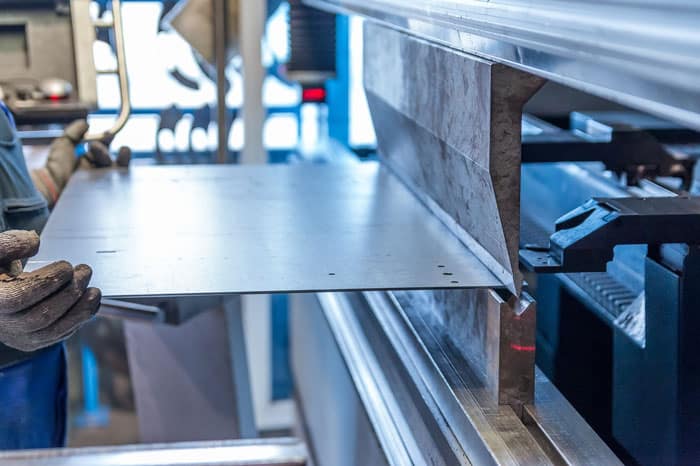
This post provides detailed information on the production scheduler job description, including the key tasks, duties, and responsibilities they commonly perform.
It also highlights the major requirements you may be expected to fulfill to be hired for the production scheduler role by most recruiters/employers.
What Does a Production Scheduler Do?
The production scheduler, also called master scheduler, is responsible for active development and coordination of production schedules either daily or weekly in order to meet the objective of his/her employers.
His/her job description also involves analyzing past and present data to generate reports and effective schedules.
He/she also ensure that an open communication system is available where all stakeholders are informed of any changes to the schedule.
An outstanding production scheduler must command good knowledge of scheduling activities in production environment with exceptional organizational, computer, and communication skills, which will be useful for managing product delivery to clients, creating weekly or routine master schedules, meeting production goals deadlines and customer needs.
The scheduler’s role also entails performing timely and accurate processing of schedule updates.
He/she also takes stock of inventory levels and facilitates the provision of necessary materials and components.
His/her work description also involves creating and publishing high level integrated master schedules in accordance with the requirements of the relevant production stakeholders.
Production Scheduler Job Description Example/Template
The duties, tasks, and responsibilities of a production scheduler vary with the industry he/she is involved in.
The job description example shown below represents typical functions production schedulers carry out in most firms:
- Create, monitor and analyze production schedules in accordance with the standard best practice for managers
- Schedule the production process and departmental activities relating to material, employee, and equipment availability
- Monitor production process, workflow, and schedules to ensure on-time delivery
- Efficiently assign production to minimize company costs and meet delivery deadlines
- Review production specifications, identify, and report plant capacity constraints
- Resolve production, manpower and material shortage problems quickly in an order of priority
- Work with the manager to execute and implement process improvements
- Ensure that materials and equipment are pre-arranged for production
- Work with managers to develop potential solutions to improve production performance
- Coordinate with production, purchasing, and finance teams to develop and maintain scheduling parameters
- Order and stock adequate materials to avoid future shortages
- Schedule training programs for staff to develop themselves on the job and meet production goals
- Oversee routine equipment maintenance and repairs to avoid outages and during production process
- Generate daily or weekly production reports to managers for critical decision-making purposes
- Develop production schedules in accordance with sales forecast, plant, and employee capacity, and new business opportunities.
Requirements – Skills, Abilities, and Knowledge – for Production Scheduler Role
Generally, the minimum education of a high school diploma or an associate’s degree in management or other relevant field is usually required to become a production scheduler, but a bachelor’s degree is preferred.
In addition, experience within the production industry is an added advantage. High-school students demonstrating interest within the production industry, like production scheduling, might want to take courses that will help them better understand the job.
Courses such as management resource planning, management, business, spreadsheets and word processing can be helpful when it comes to preparing for a job in production scheduling.
Other skills that can be helpful in securing an interview with most employers are:
- Minimum of a year work experience as a production scheduler or in a similar position in the production industry
- Strong communication skills – written and verbal
- Strong analytical, leadership, and planning skills
- Ability to multi-task and work under pressure in a fast-paced environment
- Proficiency in word processing and spreadsheet applications
- Attention to details
- Excellent organizational and time management skills
- Good work ethics
- Ability to work effectively as part of a team and also take independent initiatives when the need arises.
Advancing Your Production Scheduler Career
Post secondary degree programs in production management, production research, and management, business administration or an MBA are available to employees interested in furthering their skills and careers in production scheduling.
Conclusion
Production schedulers play an important role within the production industry and need a high school diploma along with relevant skills and work experience to secure an interview with employers.
However, advancement in post-secondary school education can bolster their career growth and open more opportunities.
If you are an employer in the process of hiring for the production scheduler role in your company, you will need to create and publish a detailed description of the job to attract the best qualified individuals to apply for it.
The sample job description provided in this post highlights production scheduler duties and responsibilities you can conveniently apply in making one for your firm.
Individuals interested in a career in the field of production scheduling will also find this post helpful in learning about what the role entails so that they can develop themselves for success on the job.












